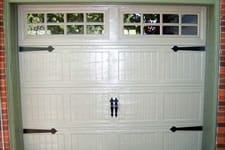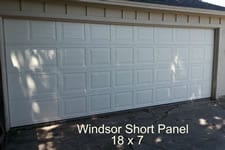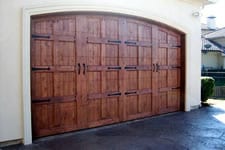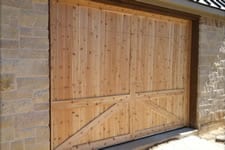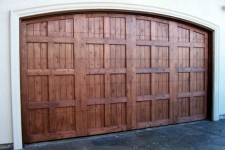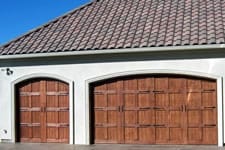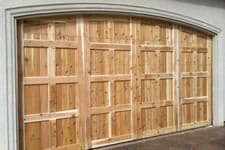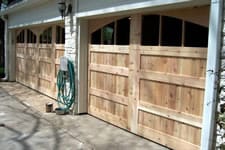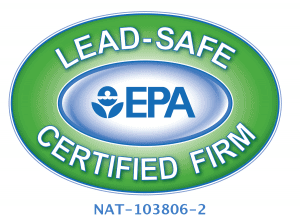As cars have grown to be an important part of our daily lives, the garage has become so central that many people use it as their primary entrance. Advancements in technology have made it possible for garage door architects and manufacturers to improve the look as well as the ability to last over time, resisting wear, breakage, and deterioration. Although garage door materials largely are personal preference, you have some practical factors to consider. Such as maintenance, what better suits your budget and climate. Below are some of the pros and cons of the 3 most common garage door materials.
STEEL:
Pros: Due to its flexibility, durability, and overall valve, steel is a popular garage door material. Steel garage doors are available in countless design choices and provide an inexpensive, more practical substitute for natural wood. Steel is lighter weight by far and easier to maintain compared to garage doors manufactured from wood. Steel garage doors are easier to maintain and are not damaged by extreme temperature changes, unlike wooden garage doors, they will not splinter, split or peel over time.
Cons: The downside of steel garage doors is that they can be easily dented. Anything from a hailstorm or a basketball to simply pulling too far into your driveway can result in denting the door’s panels. Steel also is susceptible to rust and corrosion. Rust and corrosion are common along the bottom section of a steel garage door in winter months where excess salt is used for de-icing or in coastal areas.
WOOD:
Pros: Wooden garage doors bear a timeless traditional beauty to them. Wooden garage doors are available in a large selection of designs, and wood options and can be made into any garage shape or size. Wooden garage doors can be painted or stained for extra curb appeal. They are an excellent option for a custom and unique look.
Cons: Wooden garage doors cost more and require regular maintenance. Wooden garage doors frequently need to be repainted or stained. Extreme changes in outside temperatures as well as moisture from the outside elements such as snow, rain, and humidity can cause wood to swell and rot.
VINYL:
Pros: Vinyl garage doors are highly resistant to damage, unlike steel garage doors that are prone to dents, vinyl garage doors are sturdier. Vinyl garage doors are one color all the way through making it harder to see any scratches or marks that may occur. Vinyl is entirely rust-proof, will not warp or rot, and can handle extreme weather conditions.
Cons: Vinyl garage doors has the inability to change the color once installed. Vinyl garage doors have fewer colors to choose from.
A1 Affordable Garage door service can help you with all your garage door needs. We service Dallas and surrounding metroplex includng Plano, Mckinney, Garland and more!

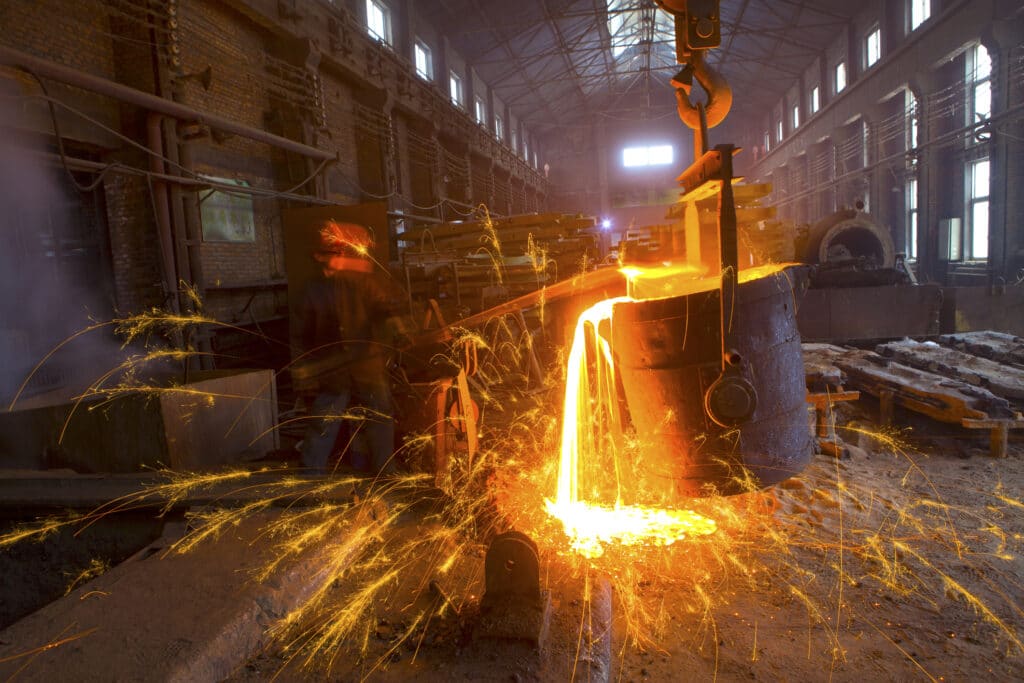
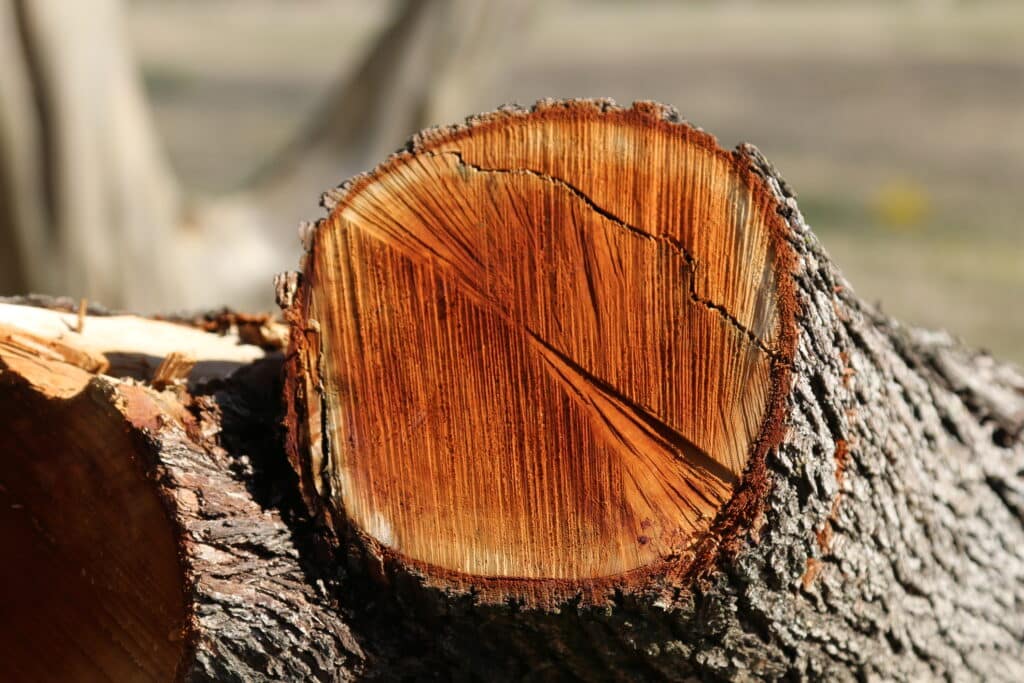
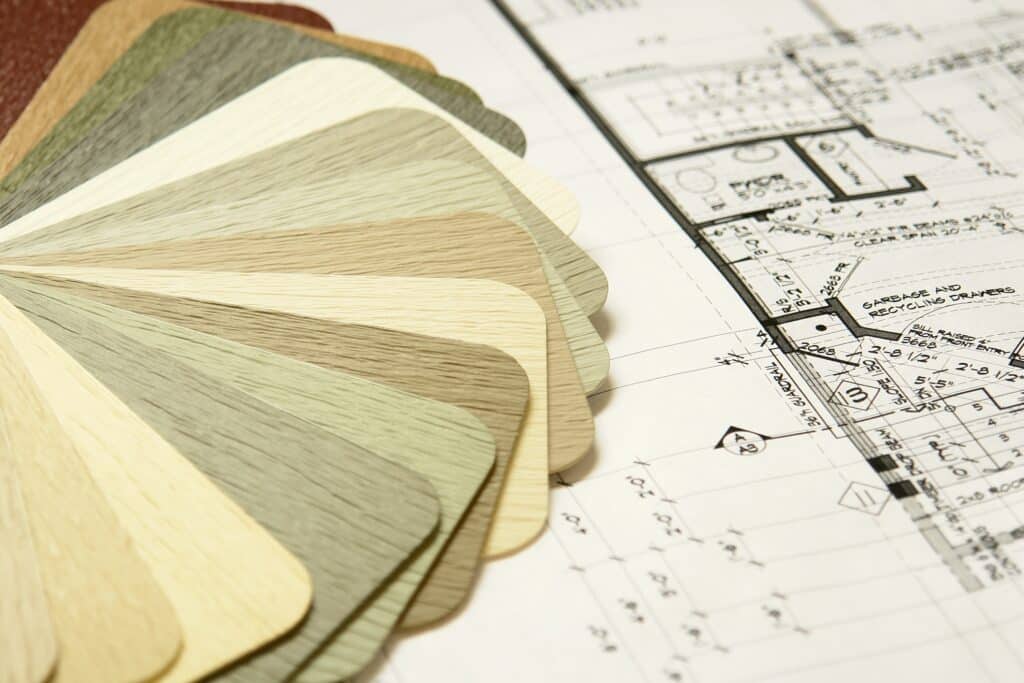
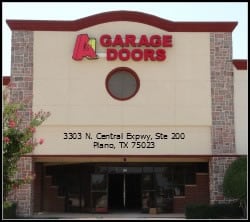
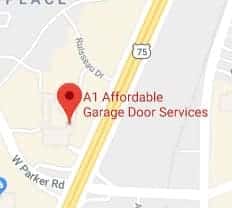 Click For Large Map
Click For Large Map